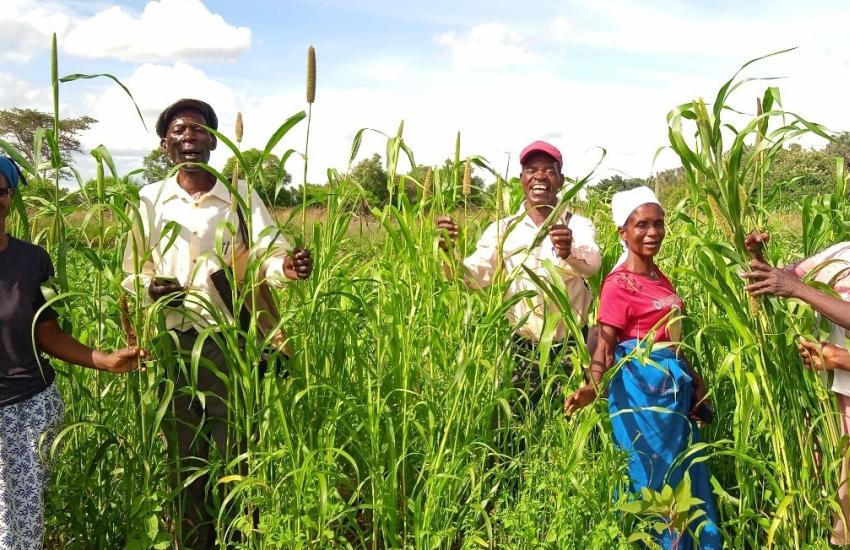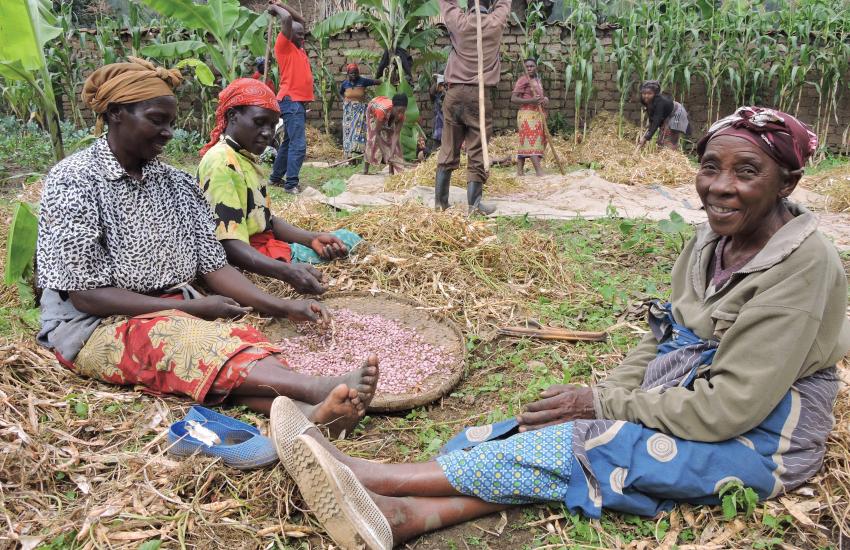What we believe
The Salvation Army believes people are made in the image of God. He has entrusted us to reflect his personality by caring for the Earth and everything in it.
The Salvation Army recognises environmental degradation as one of the most pressing issues facing the world today, affecting us all. Its effects fall disproportionately on the most vulnerable, particularly in terms of health, livelihood, shelter and the opportunity to make choices. The very survival of humanity depends on the health of the whole ecosystem.
In addition to being compelled by the lived experience, The Salvation Army also accepts the scientific evidence that demands action on all levels to lessen the effects of environmental damage. It is committed to sustainable environmental practices which are required to safeguard the integrity of creation.




